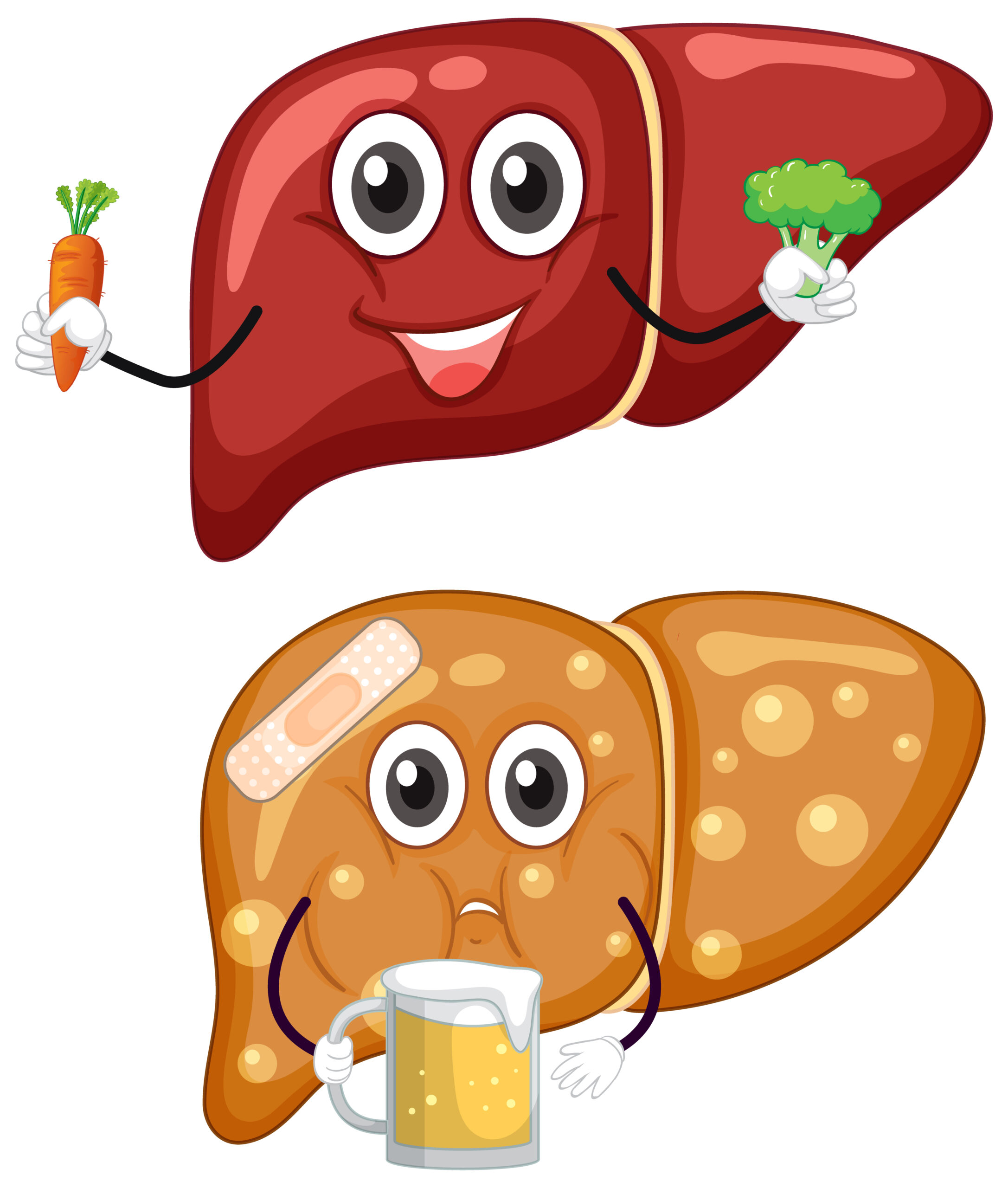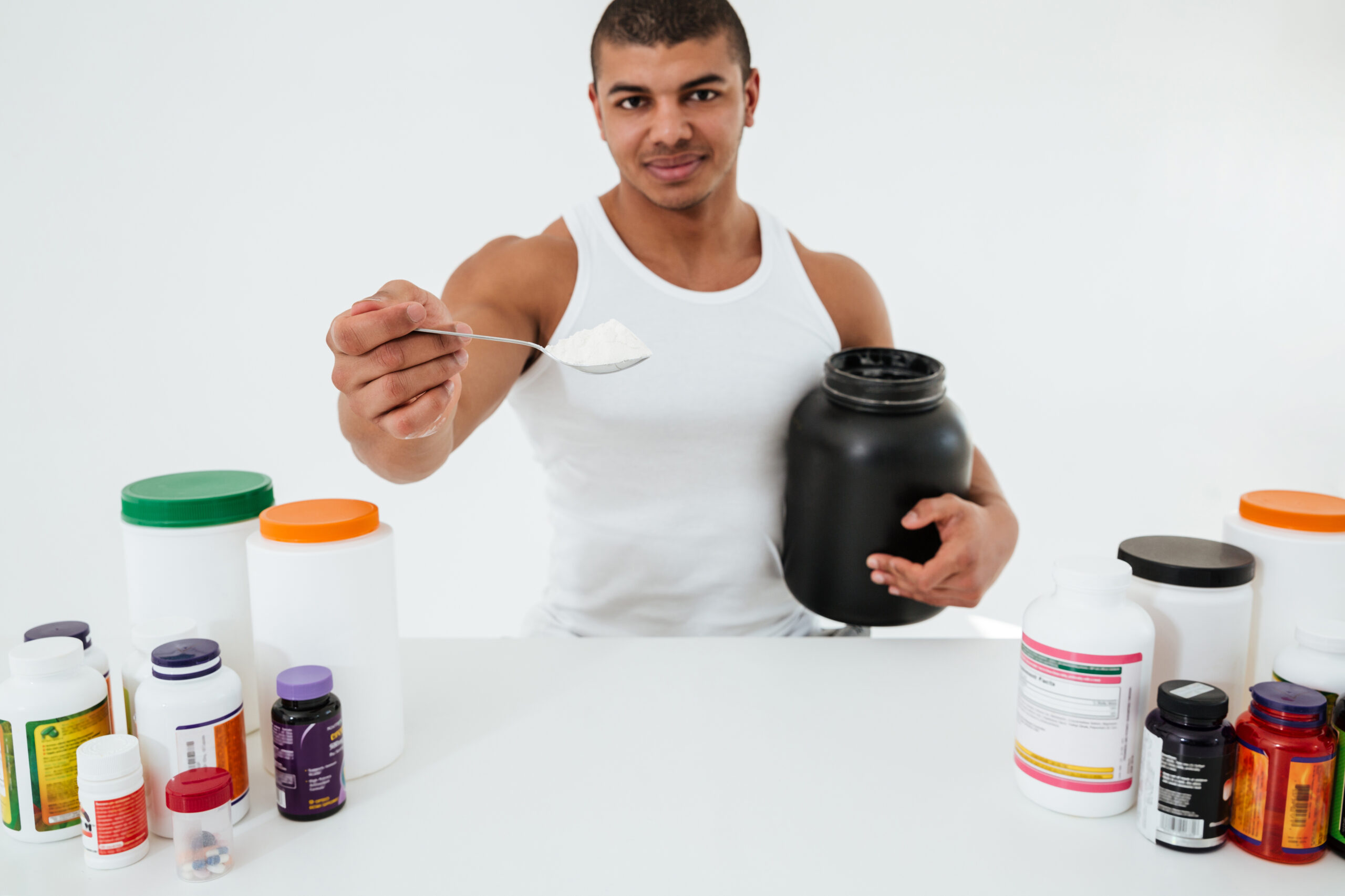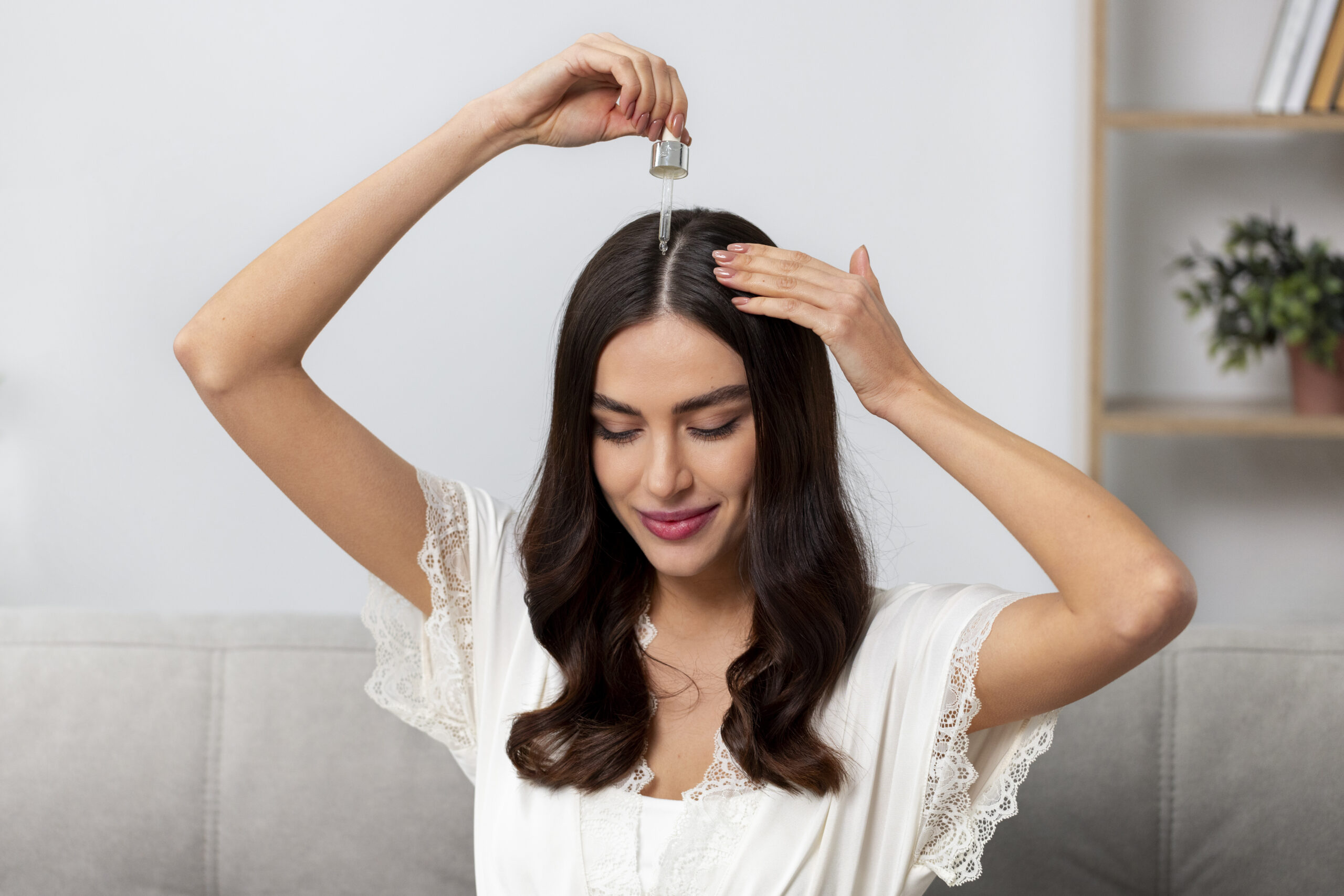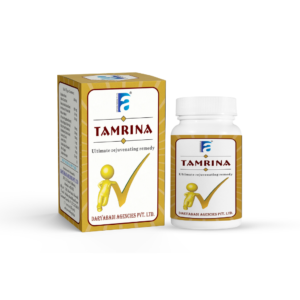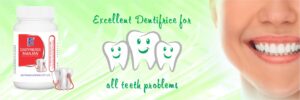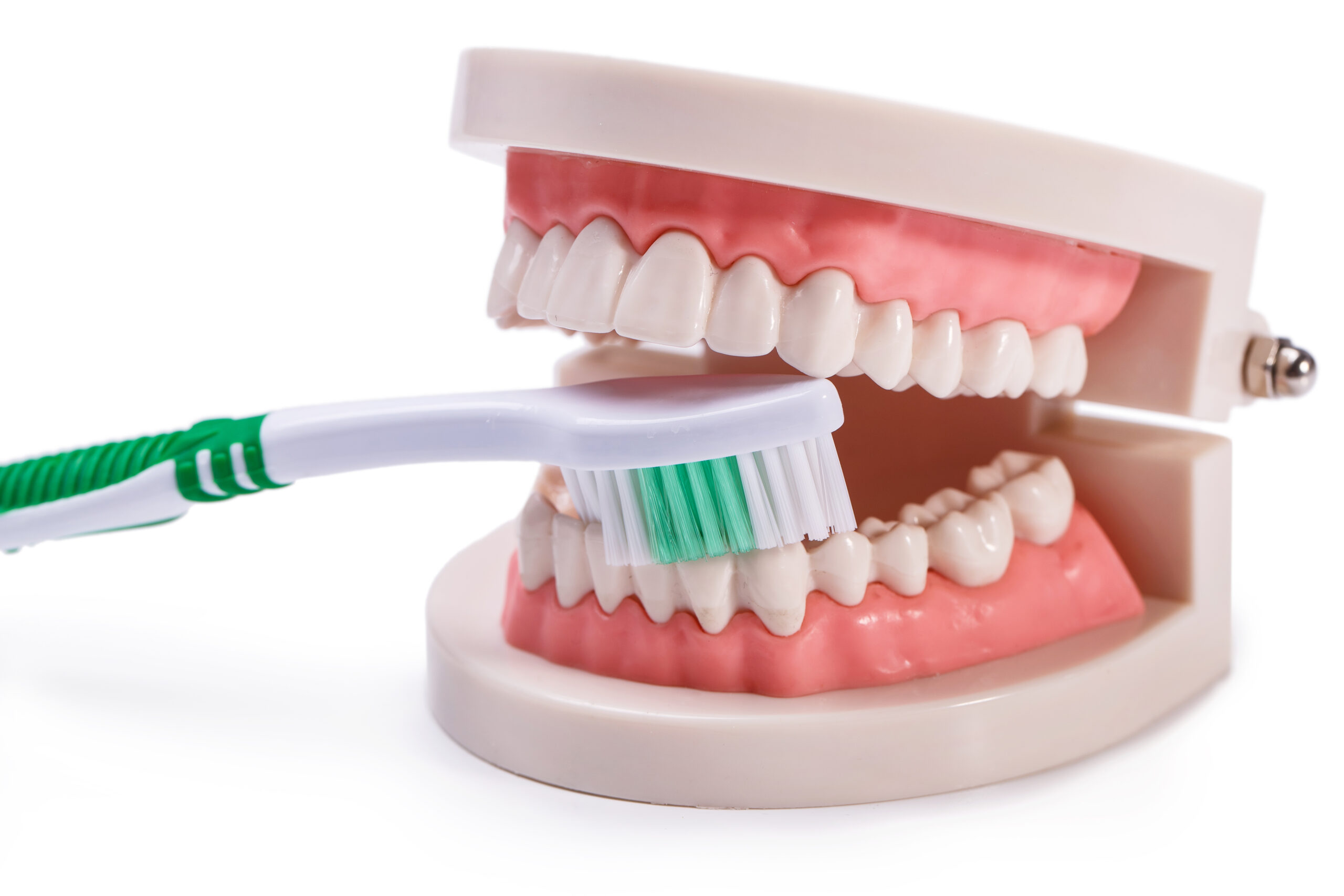NURTURING VITALITY: AYURVEDIC PRACTICES FOR SUPPORTING LIVER HEALTH
INTRODUCTION:
The liver, often referred to as the body’s detox powerhouse, plays a crucial role in maintaining overall health and vitality. Responsible for filtering toxins, metabolizing nutrients, and producing essential proteins, a healthy liver is essential for optimal functioning of the entire body. In Ayurveda, the ancient system of holistic healing from India, the liver is considered a key organ for maintaining balance and vitality. Through a combination of dietary modifications, lifestyle practices, and herbal remedies, Ayurveda offers a comprehensive approach to supporting liver health and promoting detoxification. In this blog post, we’ll explore Ayurvedic practices for nurturing and rejuvenating the liver, helping you unlock the secrets to vibrant health and well-being.
DISCLAIMER: The information provided in this blog is for educational and informational purposes only and is not intended as medical advice. The content is not intended to diagnose, treat, cure, or prevent any disease. Readers are advised to consult with a qualified healthcare professional regarding their specific health concerns and before starting any herbal remedies or health regimen. While every effort has been made to ensure the accuracy and completeness of the information presented, the author and publisher assume no responsibility for any errors or omissions. The use of herbal remedies and traditional medicine should be undertaken with caution and under the guidance of a qualified healthcare practitioner, especially for individuals with pre-existing medical conditions or those taking medications. The inclusion of specific herbs or formulations in this blog does not imply endorsement or recommendation. Individual responses to herbal remedies may vary, and it is important to consider individual health needs and sensitivities. Always read product labels and instructions carefully before use. By accessing and using this blog, readers acknowledge and agree to the terms of this disclaimer and release the author and publisher from any liability arising from the use or misuse of the information provided.
Understanding the Importance of Liver Health:
The liver is the largest internal organ in the human body and performs a wide range of essential functions, including:
- Filtering toxins and waste products from the blood
- Metabolizing carbohydrates, fats, and proteins
- Synthesizing proteins and enzymes necessary for bodily functions
- Storing vitamins, minerals, and glycogen for energy
- Producing bile for digestion and detoxification
When the liver is overwhelmed by toxins, stress, poor diet, or lifestyle factors, its ability to function optimally may become compromised, leading to various health issues. Common signs of liver imbalance or dysfunction include fatigue, digestive disturbances, skin problems, and impaired immune function. Fortunately, Ayurveda offers a holistic approach to supporting liver health and promoting detoxification, helping restore balance and vitality to the body.
Ayurvedic Practices for Supporting Liver Health:
- Balanced Diet: According to Ayurveda, maintaining a balanced diet is essential for supporting liver health. Focus on incorporating whole, unprocessed foods such as fresh fruits, vegetables, whole grains, legumes, nuts, and seeds into your diet. Avoid processed foods, fried foods, refined sugars, and excessive alcohol, which can burden the liver and contribute to toxicity.
- Herbal Remedies: Ayurvedic herbs such as Amla (Indian Gooseberry), Turmeric, Milk Thistle, Kutki (Picrorhiza kurroa), and Bhumi Amla (Phyllanthus niruri) are renowned for their hepatoprotective properties, helping protect and rejuvenate the liver. These herbs can be consumed as supplements, herbal teas, or incorporated into culinary preparations to support liver health and detoxification.
- Liver-Friendly Foods: Certain foods are particularly beneficial for liver health and detoxification. Incorporate bitter greens such as dandelion greens, kale, and arugula into your diet, as they help stimulate bile production and promote liver detoxification. Additionally, include sulfur-rich foods such as garlic, onions, cruciferous vegetables, and eggs, which support liver detoxification pathways.
- Hydration: Adequate hydration is essential for supporting liver function and promoting detoxification. Drink plenty of water throughout the day to help flush out toxins and waste products from the body. You can also incorporate hydrating beverages such as herbal teas, coconut water, and freshly squeezed lemon water for additional liver support.
- Stress Management: Chronic stress can have a detrimental effect on liver health by increasing inflammation and impairing detoxification processes. Practice stress-reducing techniques such as meditation, deep breathing exercises, yoga, or spending time in nature to support liver health and overall well-being.
- Healthy Lifestyle Habits: Adopting healthy lifestyle habits can significantly impact liver health and detoxification. Aim for regular physical activity, adequate sleep, and relaxation to support the body’s natural detoxification processes and promote overall vitality.
- Ayurvedic Cleansing Practices: Periodic cleansing or detoxification practices, known as Panchakarma in Ayurveda, can help purify the body and rejuvenate the liver. Consult with an Ayurvedic practitioner to determine the most appropriate cleansing protocol for your unique constitution and health goals.
CONCLUSION:
The liver plays a vital role in maintaining overall health and vitality, making it essential to support its function through Ayurvedic practices and lifestyle modifications. By incorporating a balanced diet, herbal remedies, liver-friendly foods, hydration, stress management, healthy lifestyle habits, and Ayurvedic cleansing practices into your routine, you can nurture and rejuvenate your liver, promoting optimal health and well-being from the inside out. Embrace the wisdom of Ayurveda and unlock the secrets to vibrant liver health, empowering you to live a life of vitality and vitality.


